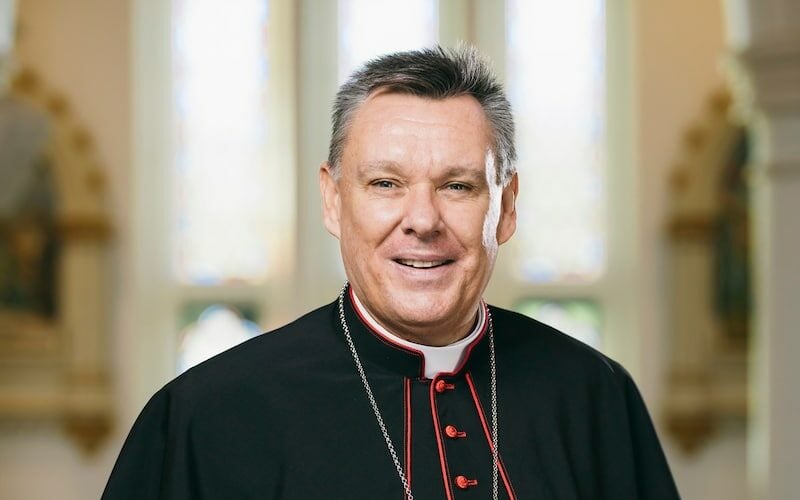
Updated 1/12/2023 to include comments by Archbishop Peter Comensoli
Bishops have welcomed a ruling that telehealth appointments for euthanasia are illegal as a “significant” win for commonsense and clarity about the deliberate ending of a person’s life.
Federal laws ban using video or telephone calls, or email, to counsel, help or incite suicide, and a Federal Court case examined whether euthanasia was in breach of those laws.
Justice Wendy Abraham ruled on 30 November that the term “suicide” as used in the Commonwealth Criminal Code applies to the ending of a person’s life under Victoria’s assisted dying laws.
The case was brought by Melbourne doctor and assisted dying advocate Nicholas Carr, who sought clarification on whether euthanasia counted as suicide for the purposes of telehealth appointments.
Carr said he was “devastated” by the court’s decision and will now support independent ACT MP Kate Chaney in her bid to change the federal law through a private member’s bill early next year.
Bishop Timothy Harris of Townsville, the Australian Catholic Bishops Conference delegate for euthanasia welcomed the decision, which clarifies that telehealth cannot be used to procure euthanasia.
“I thought that was an excellent decision and it’s almost as if some common sense and decency has crept into what could only be described as a horrific time in Australia’s history,” Bishop Harris said.
“Medically-assisted suicide is always wrong and an excuse for governments to not have proper conversations about palliative care.
“This ruling is a wake-up call and a reminder that we need to think again about the whole practice of doctor-assisted suicide.”
Melbourne Archbishop Peter Comensoli, chair of the Bishops Commission for life, family and public engagement, said that the Federal Court judgement was significant as it legally clarified that voluntary assisted dying is a form of suicide.
“The ruling underscores that VAD is not a health service but an intentional ending of someone’s life,” the archbishop said in a statement.
“To deal with such a serious situation by means of a carriage service would be a failure of good medicine.
“People at the end of their lives are at their most vulnerable; what they deserve is our compassion, care and accompaniment, not euthanasia.”
While Bishop Harris is still concerned about the ongoing potential for bracket-creep in the state’s laws to widen access to euthanasia and assisted dying, he said the news was “a shot across the bow to governments everywhere.”
“Sadly these decisions have been made where euthanasia and assisted dying has become legal but we’re not just going to countenance opportunities for people to be counselled in this way, without the opportunity to really look the person in the eye, listen to them and assess them in person.
“Suicide is suicide and it can’t be negotiated over the telephone or Skype.”
Monica Doumit, director of public affairs and engagement for the Archdiocese of Sydney also welcomed the Federal Court decision as “commonsense.”
“It is worth celebrating when courts make decisions that protect life,” she said.
“But we cannot be complacent—Kate Chaney’s proposed bill will be a test for the Albanese government.
“It is the first test for the bracket creep that euthanasia advocates told us would not occur.”
